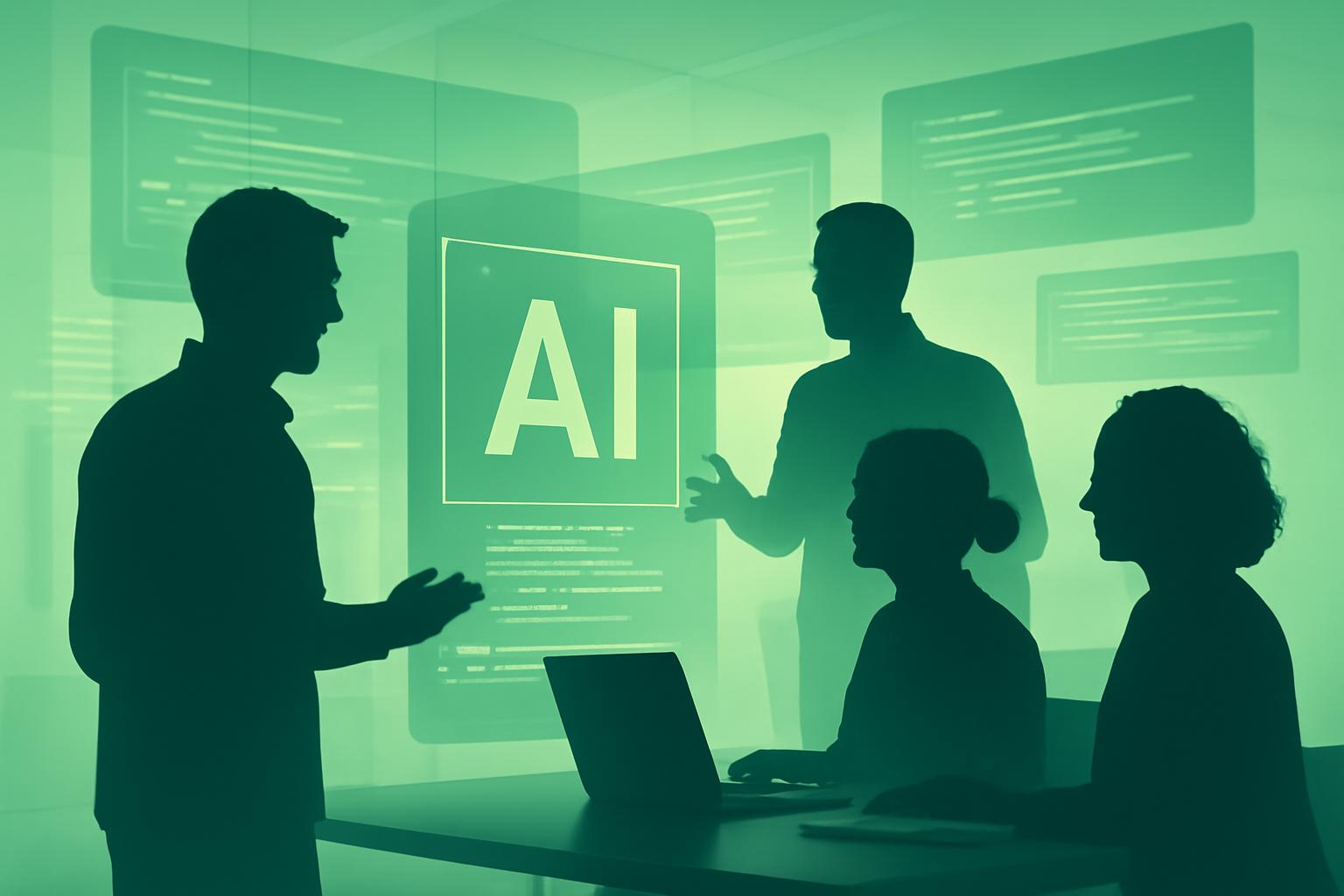AI Adoption Accelerates Among Developers
Ryan Salva, Google’s project manager for developer tools, offers a unique perspective on how artificial intelligence is reshaping software development. With a background at GitHub and Microsoft, Salva now leads initiatives including Gemini CLI and Gemini Code Assist, tools designed to empower developers through agentic programming—where AI actively participates in coding workflows. According to new third-party research released by Salva’s team, the median adoption date for AI coding tools among developers was April 2024. This timing aligns with the release of Claude 3 and Gemini 2.5, marking a pivotal moment when reasoning-capable AI models and advanced tool integration, such as tool-calling, became widely accessible.
Salva explains that effective coding requires AI models to leverage external tools—such as grep for searching code, compilers, and automated testing frameworks—to self-correct and refine outputs. This tool-calling capability is fundamental to enabling AI to solve complex programming problems reliably.
Salva shares his personal workflow, which heavily incorporates command-line AI tools like Gemini CLI alongside multiple integrated development environments (IDEs) including Zed, VS Code, Cursor, and Windsurf. His approach is heterogeneous, reflecting the evolving landscape of AI-assisted software development. On the professional front, Salva leverages AI to draft detailed specifications and requirements documents, transforming initially vague GitHub issues into comprehensive, outcome-driven tasks formatted in Markdown. These documents, coupled with team-specific guidelines on testing and dependency management, inform the AI’s code generation process.
AI as an Active Participant in Development
Throughout the development cycle, Gemini CLI iteratively updates the requirements document to reflect progress and troubleshooting steps, automatically generating commits and pull requests. Salva estimates that 70% to 80% of his coding work involves directing Gemini CLI through natural language prompts in the terminal, while using IDEs primarily for code review.
Redefining the Developer Role for the AI Era
Salva anticipates a gradual shift in software development, where the traditional IDE remains relevant but the emphasis moves towards formulating clear requirements and problem decomposition. In this future, developers will act more like architects—designing solutions and guiding AI tools—rather than writing raw code themselves.
“Your job as a developer is going to look a lot more like an architect. It is going to be about taking big, complex problems and breaking them down into smaller, solvable tasks.” — Ryan Salva
FinOracleAI — Market View
Google’s integration of AI tools such as Gemini CLI into software development workflows signals a transformative shift in programming practices. The adoption of agentic AI models that can autonomously interpret requirements, generate code, and self-correct through tool-calling is poised to enhance developer productivity and change the nature of software engineering roles.
- Opportunities: Increased coding efficiency, reduced manual debugging, and democratization of software development through accessible AI-driven tools.
- Risks: Potential skill atrophy in low-level coding, dependency on AI accuracy, and challenges in maintaining code quality and security.
- Evolution of developer roles towards system architects and project managers focusing on problem-solving and requirement definition.
- Continued need for heterogeneous tool ecosystems to accommodate diverse development preferences and workflows.
Impact: This development represents a positive market impact, accelerating AI adoption in software engineering and setting new standards for productivity and collaboration.













